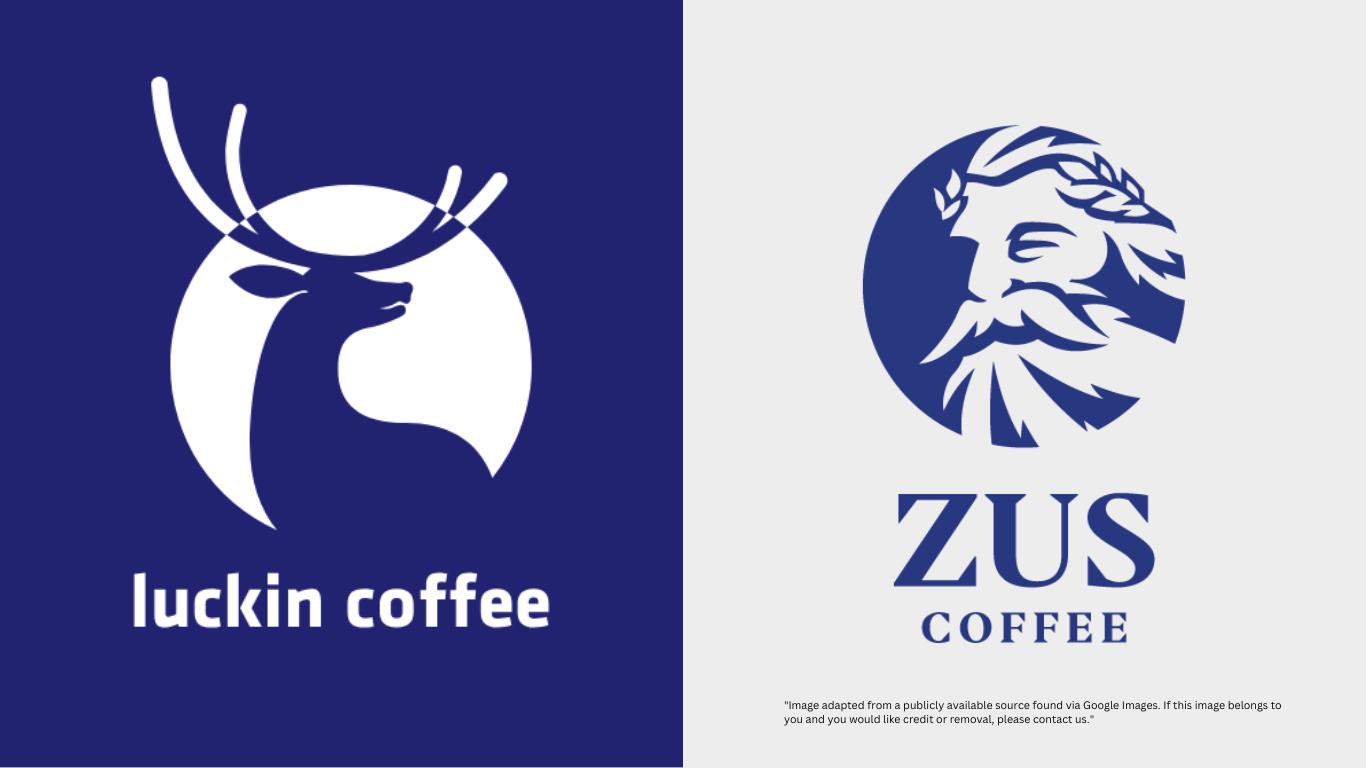Coffee culture is thriving, with brands like Luckin Coffee and Zus Coffee becoming household names in their respective markets.
As consumers become more health-conscious, understanding the nutritional aspects and ingredient quality of coffee beverages has become increasingly important.
Ingredient Quality and Sourcing
Coffee quality largely depends on the sourcing of beans and the roasting process. Both Luckin Coffee and Zus Coffee utilize 100% Arabica beans, known for their smoother taste and lower acidity compared to Robusta beans. Luckin Coffee sources its beans from top coffee-producing regions, emphasizing quality control and collaborating with coffee experts to refine its blends (Luckin Coffee). Zus Coffee also highlights its use of premium Arabica beans, focusing on affordability while maintaining quality (Zus Coffee).
Nutritional Transparency and Beverage Options
Nutritional information plays a crucial role for those monitoring calorie intake or specific dietary needs. Zus Coffee provides calorie breakdowns for various beverages, such as the CEO Coconut Latte, which contains approximately 251.6 kcal (hot) and 189.2 kcal (iced). Other options include plant-based milk alternatives, offering a range of caloric values:
- Soy Milk: Hot – 170 kcal; Iced – 109 kcal
- Oat Milk: Hot – 255 kcal; Iced – 147 kcal
- Almond Milk: Hot – 118 kcal; Iced – 57 kcal (Zus Coffee Menu).
Luckin Coffee offers an extensive menu, including popular drinks like the Coconut Latte and Velvet Latte. Consumers are encouraged to check in-store resources or reach out to customer service for specific dietary details (Luckin Coffee Menu).
Customization and Dietary Preferences
Customization is an essential aspect of modern coffee consumption, allowing individuals to tailor drinks to their dietary preferences. Zus Coffee provides flexibility by offering sugar level adjustments and plant-based milk alternatives such as oat, soy, and almond milk. Luckin Coffee primarily features standard dairy options. Consumers with specific dietary needs should verify available options before purchasing.
Conclusion
As coffee chains expand their offerings, health-conscious consumers have an increasing range of choices. Whether prioritizing low-calorie beverages, plant-based alternatives, or premium coffee blends, individuals can make informed decisions by reviewing available nutritional data and customization options. Checking official resources or consulting in-store staff ensures that choices align with personal health goals.
Disclaimer
The information provided in this article is for informational and educational purposes only. It is based on publicly available sources at the time of writing and is not intended as medical, nutritional, or legal advice. Readers should verify any health-related claims with official sources, such as the respective companies’ websites, product labels, or qualified healthcare professionals. HealthKini.com does not endorse or promote any specific brand and is not responsible for any decisions made based on the content of this article. We acknowledge that product details, including ingredients, nutritional values, and customization options, may change over time. If you have dietary restrictions or health concerns, please consult a registered dietitian, nutritionist, or healthcare provider before making any dietary changes.




